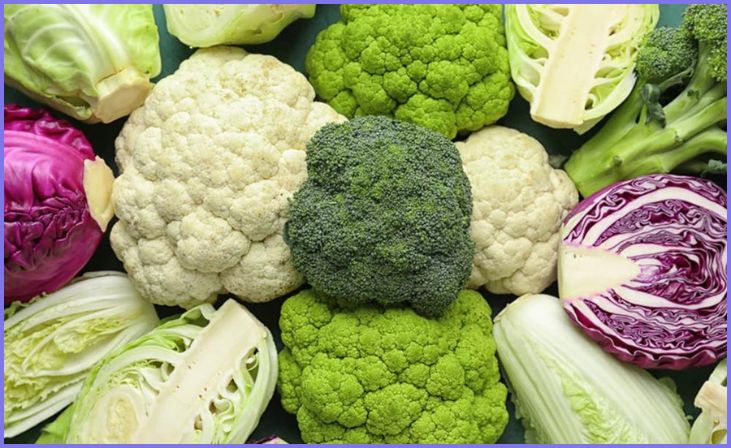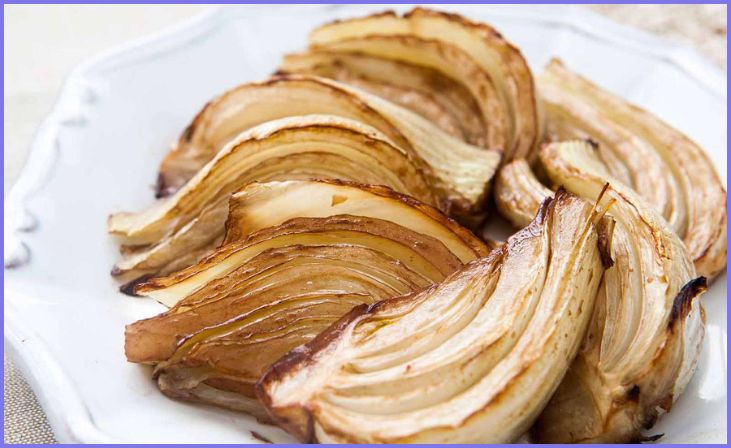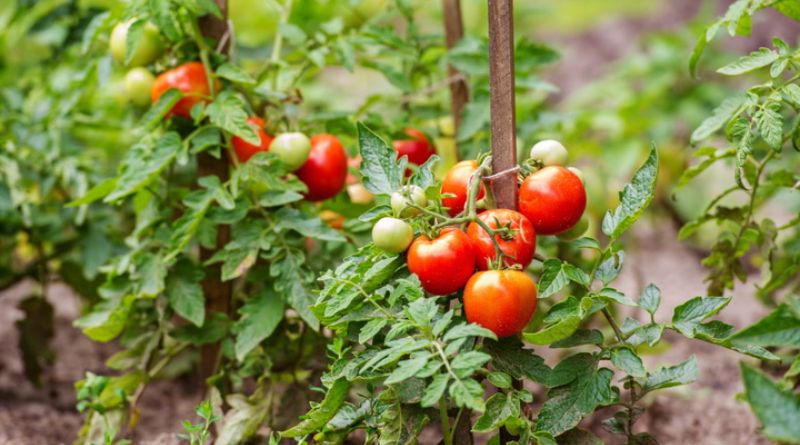When it comes to gardening, companion planting can be a beneficial strategy to promote plant health and productivity. However, not all plants make ideal companions, especially when it comes to tomatoes. Let’s explore seven companion plants that should never be grown alongside tomatoes.
Brassicas

Plants in the brassica family, such as cabbage, broccoli, cauliflower, and kale, can pose significant challenges when grown near tomatoes. These plants share many of the same diseases, such as early and late blight, and can easily transmit them to tomatoes. Additionally, brassicas are heavy feeders, competing with tomatoes for essential nutrients in the soil.
Potatoes
While tomatoes and potatoes may seem like natural companions as members of the nightshade family, planting them together can lead to disaster. Both plants are susceptible to similar diseases, including blight and potato scab. Growing them in close proximity increases the risk of disease spread and can result in both plants succumbing to these issues.
Eggplant
While eggplants may complement tomatoes aesthetically, they are not ideal companions in the garden. Like tomatoes, eggplants are part of the nightshade family and share vulnerabilities to diseases. Additionally, eggplants attract pests like the Colorado potato beetle, which can harm both plants.
Fennel

Fennel may add a delicate flavor to dishes, but it can be detrimental to nearby tomato plants. This herb emits a chemical that can stunt the growth of tomato plants, impacting their overall health and productivity. It’s advisable to keep fennel several feet away from your tomato patch to avoid interference.
Dill
Despite some gardeners advocating for dill as a companion plant for tomatoes due to its supposed pest-repelling properties, research suggests otherwise. Planting dill near tomatoes may not offer the benefits it promises and could potentially create more harm than good.
Corn
While corn and tomatoes may seem like a classic pairing, they have different watering needs that can lead to problems. Corn requires frequent, deep watering, which can result in overwatering for tomatoes if planted nearby. This excess moisture can increase the risk of root rot and other issues for tomatoes.
Walnuts

Walnut trees release juglone, a chemical compound that can inhibit the growth of many plants, including tomatoes. If you have a walnut tree in your garden, it’s essential to plant tomatoes far away from its root zone to prevent stunted growth and poor yields.







